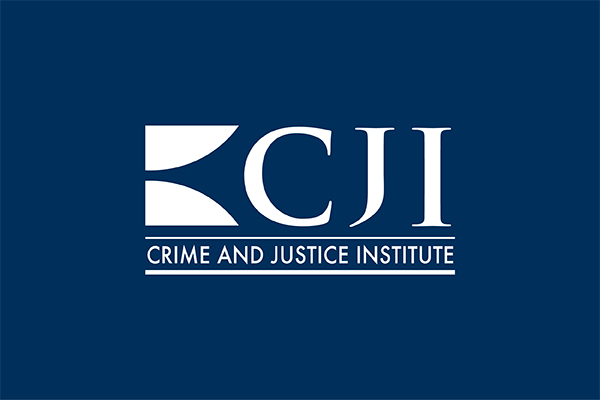
The Crime and Justice Institute at CRJ (CJI) recently completed two site visits, one in April and one in June, to Hawaii, as part of the Office of Juvenile Justice and Delinquency Prevention’s (OJJDP) Smart on Juvenile Justice Initiative. Kristin Bechtel and Tessa Upin were on site in April to complete a week-long visit to train juvenile probation staff, Hawaii Youth Correctional Facility staff, and other juvenile justice stakeholders on evidence-based practices, with a focus on juvenile justice research and what works for juveniles. There were a total of 114 participants, including the vast majority of all juvenile probation officers, from across four islands and all four court circuits. The training included:
- The principles of effective intervention–risk, need, responsivity and fidelity;
- Research on the effectiveness of utilizing graduated response systems;
- Two exercises on risk assessment.
Specifically, the risk assessment activities were designed to demonstrate how to score a tool, as well as emphasize the importance of inter-rater agreement and scoring a tool with proficiency. The goal of these exercises and the training overall were to support buy-in for the adoption and implementation of a risk tool. Post-training discussion with participants and participant surveys indicated positive feedback on the training.
CJI returned to Hawaii for another site visit in June to facilitate targeted work session meetings to address the identified implementation priority areas. Tessa Upin worked with staff on trouble-shooting and problem-solving challenges related to risk and needs assessment tool implementation, including developing a risk and needs tool implementation plan. The plan is intended to prepare Hawaii for scoring the tool with fidelity and putting appropriate processes in place for future validation of the tool on Hawaii’s youth population. Additional onsite activities focused on data collection and performance measure reporting, utilizing a graduated response system and developing a training plan for staff, developing a core-competency and curriculum for probation officers, and improving communication within and across agencies. While on site, CJI also facilitated the monthly implementation team meeting with representatives and stakeholders from across the state. CJI will continue to provide technical assistance as OJJDP’s selected grantee in the coming months as Hawaii moves forward with comprehensive statewide juvenile justice.